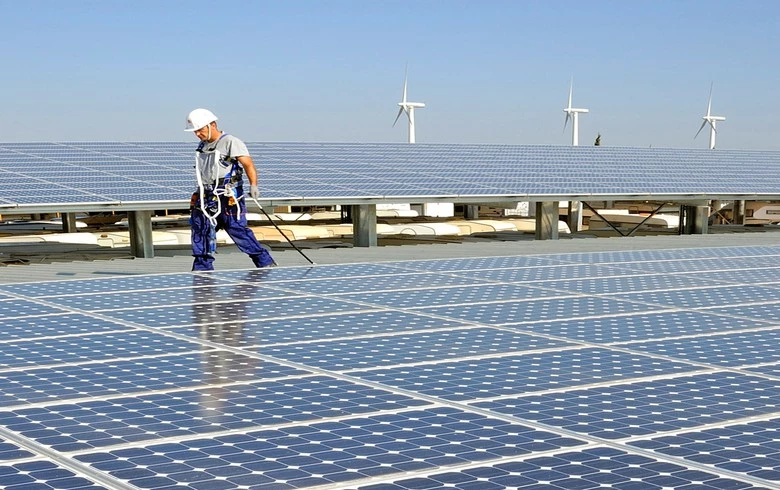The International Finance Corporation (IFC) and Tunisia’s Financial Market Council have kicked off a series of consultations to develop guiding principles for a green bond market in the country. This comes after reports surfaced of authorities seeking to introduce environmentally related products into the capital market, venturesafrica reports in an article.
Similar to traditional corporate and public treasury bonds, green bonds have an additional social and sustainable feature of allowing the financing of climate change projects with positive social spin-offs. The sustainable finance instrument was introduced some ten years ago.
Over the years, trading in green bonds has developed into a practical solution to environmental problems, bringing together investors, development experts, policymakers and scientists towards achieving a common goal. In the first half of 2019, investor interest in green bonds grew rapidly with $86 billion raised worldwide — a 26 per cent increase on the same period last year.
Proceeds from green bonds are used for investment in eco-friendly projects, contributing essentially to meeting the United Nations Sustainable Development Goals (SDGs). And Tunisian officials are now collaborating with the World Bank on ways to introduce the instrument in the local market, the same source said.
“Green, social and sustainable bonds can offer investors the opportunity, at the same time, to have a positive impact on the economy and the climate in Tunisia, as well as a return on investment,” said Salah Essayel, Chairman of the Financial Market Council.
Ahead of the adoption of green bonds in the Arab country, the partnership with IFC – a member of the World Bank Group – enables the Council to provide the necessary information to both issuers and investors, Essayel explained.
The consultations involving the IFC also allow the Council to “develop a common reference, in a concerted way, that will enable companies to issue these new types of bonds, to support sustainable and inclusive growth in Tunisia,” the official added.
IFC has played a major role in the development of green and sustainable bonds in emerging markets. Particularly, the World Bank member supported the development of green bond guidelines in several countries in the Middle East and North Africa (MENA).
Moreover, the World Bank is considered the top and first global financial institution to issue green bonds, setting a trend for innovative financing of eco-friendly projects.
“We are committed, through our close collaboration with the Financial Market Council, to bring innovation and transparency to this new market,” Resident Representative of IFC in Tunisia, Georges Joseph Ghorra said, expressing the organization’s commitment towards developing the green bond market in Tunisia.
IFC has secured billions of dollars since the launch of its Green Bond Program in 2010. A cumulative total of $9.2 billion has been raised through green bonds in 18 different currencies across the world to finance projects addressing climate change.
Meanwhile, estimates suggest that over the past decade, the World Bank has raised about $13 billion through nearly 150 green bonds in 20 currencies for investors and mutual funds around the world.
TunisianMonitorOnline




